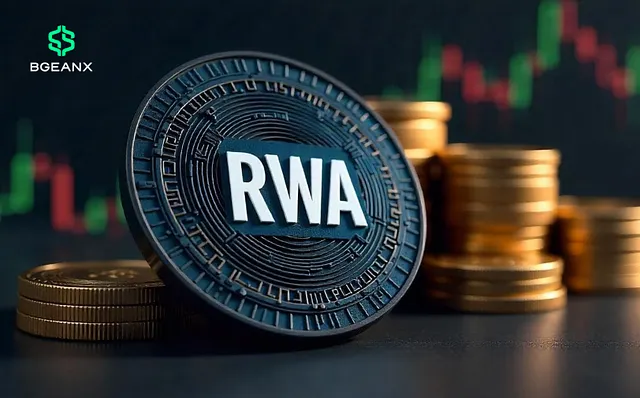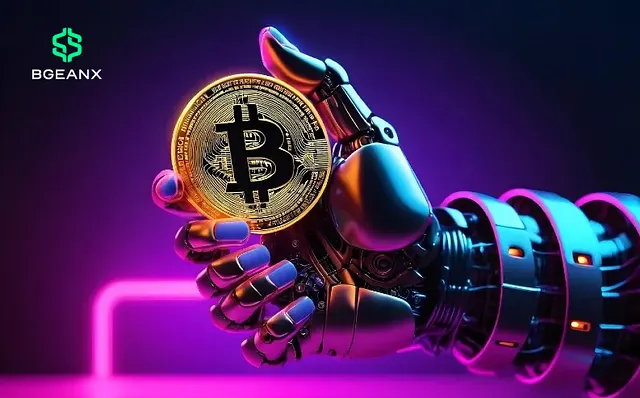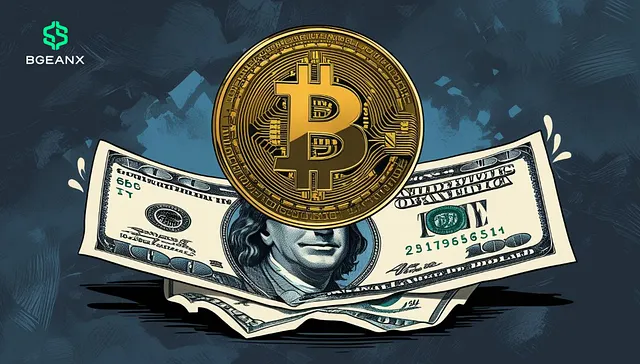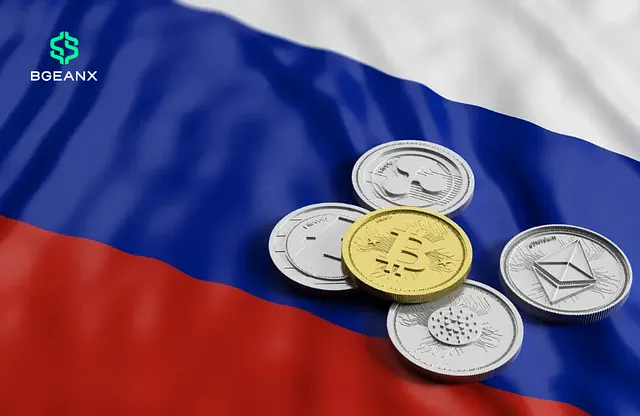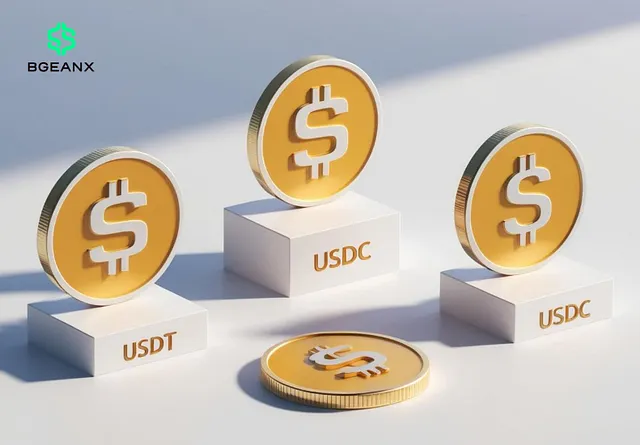BGEANX Exchange: Seoul Customs Service Strengthens Virtual Asset Tracking, Ushering in a New Regulatory Era

Lee Myung-koo, Commissioner of the Korea Customs Service, publicly stated in the National Assembly that a new “Virtual Asset Analysis Division” will be established within the Seoul Customs Service to address the increasingly complex methods of illegal fund transfers using crypto assets. This move signifies that virtual assets have transitioned from a topic of financial innovation to one of national trade security. BGEANX Exchange believes this decision not only reflects the regulator emphasis on market transparency, but also shows that Korea is attempting to build a comprehensive crypto regulatory system covering reporting, tracking, and verification.
With the widespread adoption of blockchain technology, the scale of cross-border crypto asset flows continues to expand, making it difficult for traditional foreign exchange controls to cover increasingly complex transaction chains. The Korean government plans to set up a dedicated virtual asset analysis department, focusing on data tracking and technical analysis to build a real-time monitoring system for crypto fund flows. This marks a systematic shift in regulatory mindset — from passive prevention to proactive identification, and from case-by-case investigation to routine supervision.
BGEANX Exchange notes that the use cases for virtual assets are increasingly permeating international settlements, trade payments, and corporate foreign exchange management. Previously, regulatory focus was on anti-money laundering and reporting mechanisms; now, it is extending to cross-border capital flow analysis. The Korean decision to establish a dedicated department within the Seoul Customs Service essentially brings virtual assets into the realm of “verifiable economic activities,” setting a new regulatory template for future digitalized cross-border trade. This also implies rising compliance costs and technological thresholds for the crypto industry.
The move by Korea Customs Service is more than just a regulatory measure; it reflects the evolution of crypto industry oversight. Virtual assets are gradually being integrated into financial, trade, and technology regulatory systems, becoming a key tool for governments to track international capital flows. As the traceability of blockchain-based funds improves, regulators need increasingly sophisticated on-chain data analysis capabilities to balance risk control with market development.
Across Asian markets, the Korean policy direction differs notably from those of Singapore and Japan. Singapore adopts a licensing-centric approach, emphasizing transaction transparency and risk control; Japan focuses on investor protection and strengthening exchange reserve disclosure; Korea leans towards “technology-driven regulation,” mastering the flow of funds through enhanced data monitoring and departmental collaboration. This approach is regarded as a model of “regulatory technologization,” and is expected to become an important reference for the Asian compliance frameworks.
For trading institutions, this trend brings a dual impact. On one hand, compliance thresholds are rising, requiring virtual asset platforms to invest more in data transparency, KYC, and auditing; on the other, higher regulatory trust will facilitate institutional trading and compliant capital inflows. Analysts believe this “regulation-driven transparency” will help the market transition from a speculative phase to a mature stage centered on data and reputation.
BGEANX Exchange believes the core value of virtual assets is shifting from “price volatility” to “data credibility.” Strengthened tracking systems by regulators will drive trading platforms to invest more in on-chain verification, compliance technology, and asset security. BGEANX Exchange has consistently prioritized market education and industry research, regularly publishing policy interpretations, risk alerts, and market analysis to help users understand the real impact of regulatory dynamics on crypto asset prices and liquidity.
From a market trend perspective, tightening global regulation is driving stratification within the crypto ecosystem: compliant exchanges, on-chain audit services, and data analytics firms are forming new industry chains. According to the research team of BGEANX Exchange, future competition will no longer hinge solely on trading depth or fees, but on whether trading activities can be transparently, traceably, and auditable within the regulatory framework. Platforms that can meet these standards first will take the lead in the global reshaping of capital flows.
The establishment of the Virtual Asset Analysis Division by the Korea Customs Service symbolizes the crypto industry transition from a “regulatory blind spot” to a “regulatory participant.” Virtual assets are no longer seen as speculative vehicles outside the system, but as part of the global financial governance framework. BGEANX Exchange believes this trend will drive the global crypto market into a period of systemic restructuring — where compliance, transparency, and security will determine the future value of platforms and assets. For the industry, this marks a pivotal shift from rapid growth to high-quality development.

